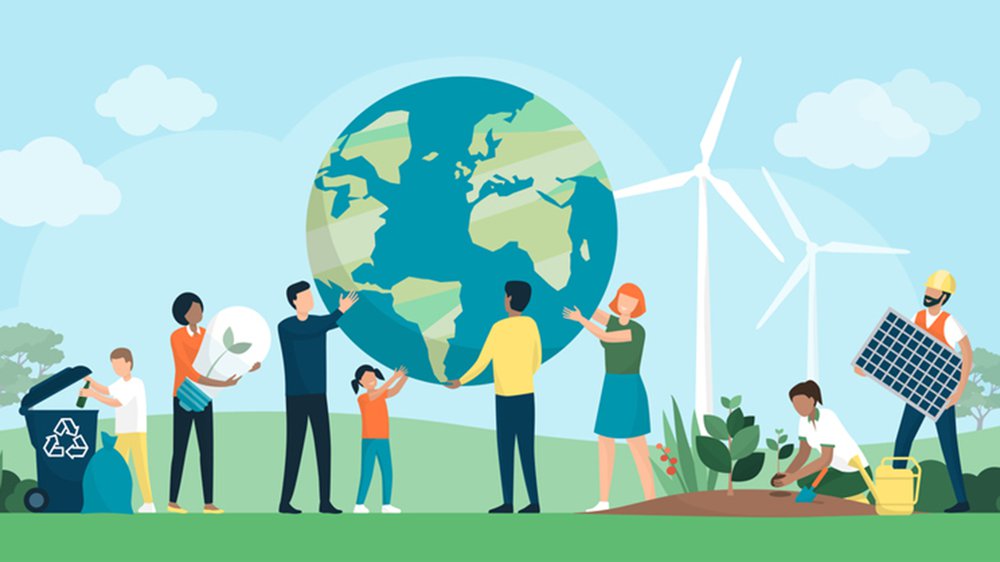Question Your World: Is Recycling Actually Helpful?
Every now and then we have to get into some trash-talk. No, I'm not talking about cut downs and jokes at others expense. I'm talking about literally the trash we create. Humanity makes a lot of trash, but over the years we've found a few ways to keep some waste from turning into trash. Reducing consumption and up-cycling items have big benefits in addressing our trash output, but what about recycling? Is recycling actually helpful?
The average American produces about 4.4 lbs of trash every day. This means every person in the nation is responsible for roughly a 2L soda bottle’s weight of trash…every day. This means just one person produces about 1600 lbs of trash, or about the weight of a cow, every year. Since we have limited space here on Earth and interactions with trash are generally discouraged, it’s in our best interest to find ways to reduce the amount of trash we produce.
We’ve heard the three R’s, right? - Reduce, Reuse, and Recycle. Reducing consumption and reusing items certainly help slow down or prevent trash output. But, let’s talk about recycling.
Scientists estimate that nearly 91% of all the plastic waste ever generated wasn't recycled! One potential issue with recycling locally is Recycling Contamination, or when non-recyclable items end up mixed in with recyclable items. For example, a brown paper bag and an empty rinsed-out soda can are both recyclable, but when they are mixed into a batch with a non-recyclable plastic bag or a food-stained to-go container, the whole lot becomes un-recyclable and gets shuffled off to the landfill. Any food waste on paper, cardboard, glass, aluminum, and other recyclable items basically makes it trash.

Image credit: Getty Images
To attempt to address these contamination issues, Chesterfield County and Central Virginia Waste Management launched a program that would "audit" recycling bins to see if residents were properly separating trash from recyclables. Bins with non-recyclable items are given an “oops” sticker along with information on which items can and cannot be recycled. And, they'd have to wait for the next pick up to get their bins emptied.
Similar programs have seen a quick change in outgoing trash, giving our local recycling officials hope that it’ll work here in Virginia as well. Central Virginia Waste Management encourages citizens to familiarize themselves with the list of items which can and can’t be recycled to make this entire process more effective and efficient.
For those seeking other ways to prevent a big trash output, keep in mind composting is a great way to make a powerful reduction in your daily waste. Using reusable bags for groceries, reducing the amount of paper gift wrap one uses, skipping the straw for drinks, and using a reusable water bottle are just a few of the many other daily-use options for living a greener cleaner life.
Recycling properly can be a great way to help reduce our trash output. Scientists are encouraging us to not let this information go to waste.


